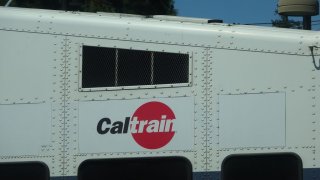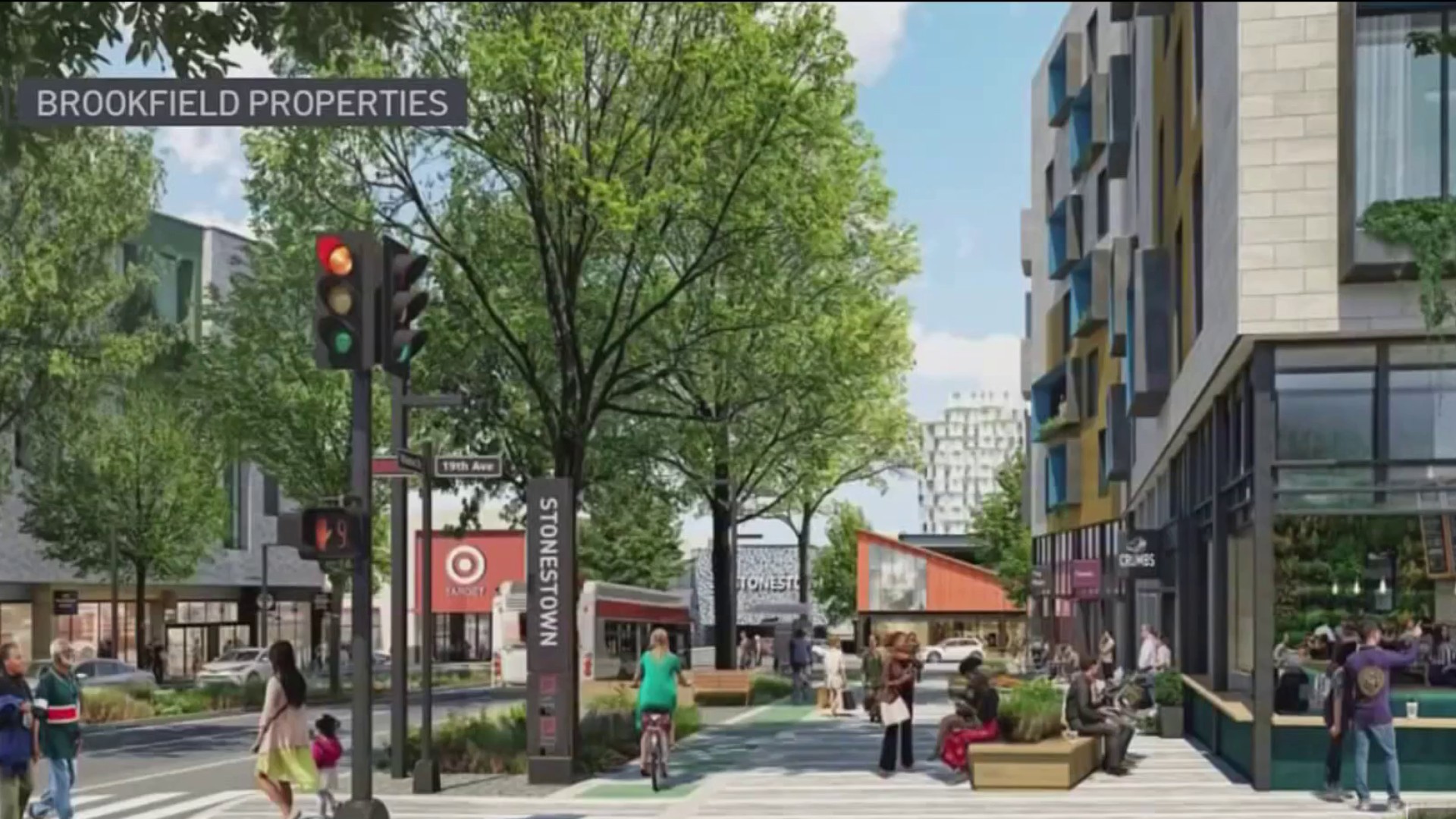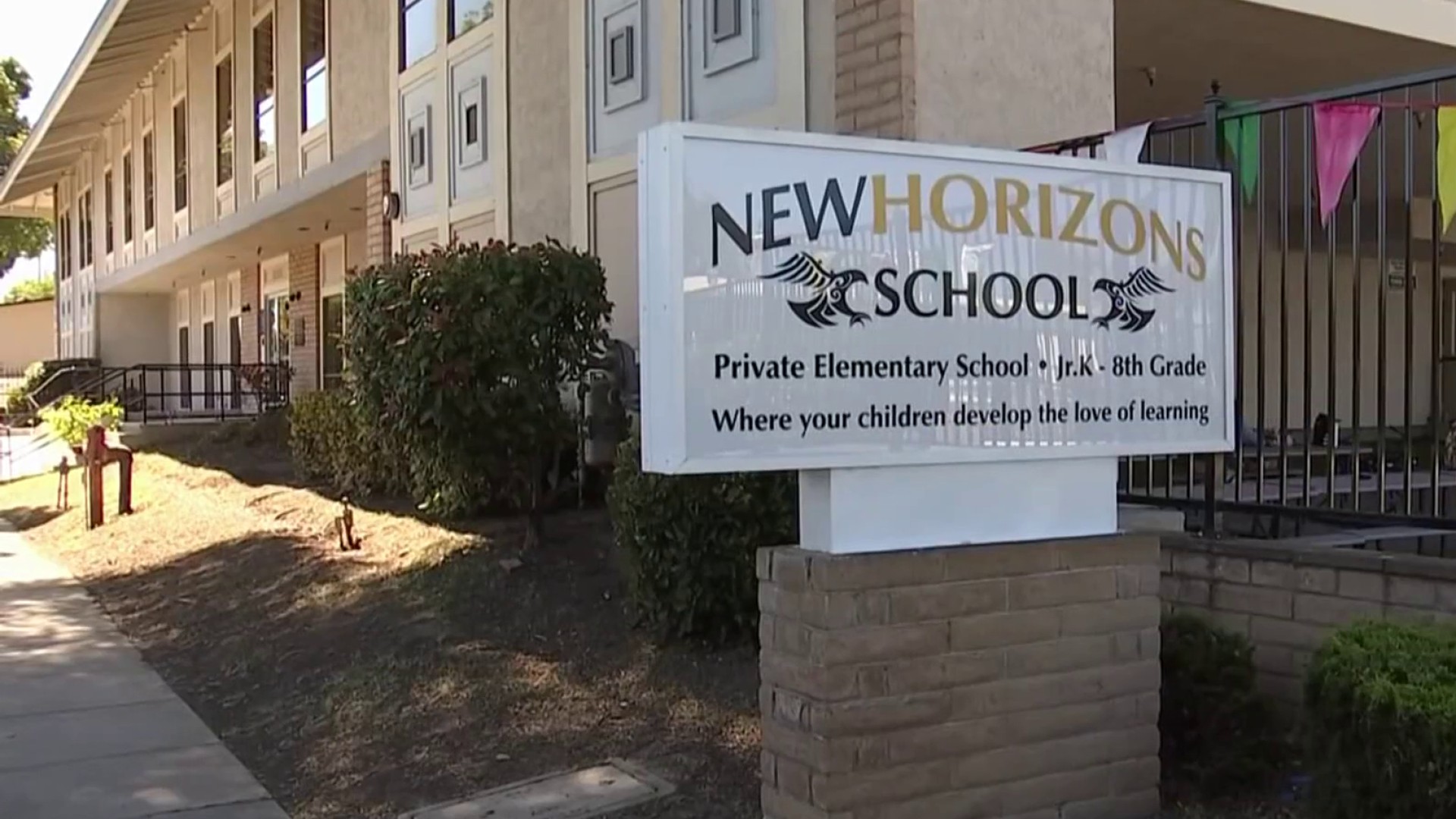
A joint statement issued by seven elected officials calls for letting voters decide on funding for the Caltrain service between the South Bay and San Francisco.
The statement -- released Sunday by U.S. Rep. Jackie Speier and U.S. Rep. Anna Eshoo, State Senator Jerry Hill, Assemblymen Kevin Mullin and Marc Berman, San Mateo County Supervisor Dave Pine, and Belmont Vice Mayor Charles Stone -- responds to resistance last week by San Francisco supervisors to putting a sales tax measure on the ballot.
Caltrain has seen ridership drop steeply during the COVID-19 pandemic and there are fears that its financial struggles could halt the service.
Supporters have pinned their hopes of bolstering Caltrain on a dedicated sales tax assessed in San Francisco, Santa Clara and San Mateo counties.
"For almost a year, negotiations have been aimed at helping riders by getting Caltrain firmly funded," the statement says. "It has no source of its own money, the farebox only brings in 70 percent of its operating costs coupled with annual operating costs from the three member counties, and year to year the riders are at risk of the line shutting down. Now, at one minute to midnight, the train is really in danger of not showing up at the station."
San Mateo County supervisors and the San Mateo County Transit District, or SamTrans, which operates Caltrain for the Peninsula Joint Powers Board, have approved putting the measure on November ballots in the region. But the boards of supervisors in San Francisco and Santa Clara counties and the leaders of the San Francisco Municipal Transportation Agency and the Santa Clara Valley Transportation Authority also must agree.
Supervisor Shamann Walton, who is San Francisco's representative on the Joint Powers Board, said Wednesday the fact that Caltrain is operated by SamTrans presents a problem.
Local
"(That) means San Francisco voters and San Francisco leadership don't actually make decisions as to what happens with the funds," Walton said. "But yet we pay millions of dollars to the railroad each year. This inequitable relationship has to change."
The sales tax was initially proposed to fund the electrification of Caltrain, but the agency now needs the funding to keep operating. It said its weekday average ridership, at 65,000 before the pandemic, has dropped by 95 percent during the health emergency.
"While it's wildly popular, Caltrain could shut down without its own funding," the officials say in their statement. "To prevent this, the legislature passed a statute to allow the public to decide.
"The statute requires that, if the ballot measure passes, the tax money go to Caltrain."
The statement concludes, "All of us need to keep riders first and foremost in our minds. It's really quite simple. A clean deal is what the riders and public deserve. Let the voters decide."



